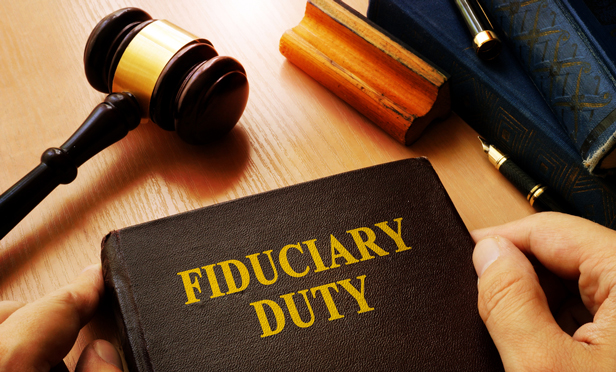
 (Photo: Shutterstock)
(Photo: Shutterstock)
The proposed fiduciary regulation issued by Nevada on Friday is sending shockwaves through the broker-dealer and registered investment advisor communities, according to ERISA attorneys Fred Reish and Brad Campbell of Drinker Biddle & Reath.
The Nevada proposal has "really surprised the regulated community," particularly broker-dealers, said Reish, a partner and head of Drinker Biddle's ERISA Financial Services Group, on the law firm's Inside the Beltway webcast on Thursday.
"I think it's fair to say [the Nevada plan] is a much more expansive and broad rule than most observers were expecting," added Campbell, the former head of the Labor Department's Employee Benefits Security Administration, who's a Drinker Biddle partner located in Washington.
After a quick read of Nevada's plan, Reish added, the "biggest difference" he sees between the Nevada proposal and the Securities and Exchange Commission's proposed Regulation Best Interest is that Nevada's proposal includes a "private right of action."
In other words, said Reish, "investors can sue for losses." Under Reg BI, however, "if the broker-dealer or advisor violates the best-interest standard of care, assuming the rule becomes final as written, there is no private right of action — only the SEC and [the Financial Industry Regulatory Authority] could enforce that, and they have limited resources."
The private right of action "will make the Nevada rule, in its limited geographical area, much more impactful than Reg BI," Reish added.
While Nevada's legislature passed its own fiduciary statute for securities in 2017, the law couldn't be implemented until regulations were put into place. Nevada issued those proposed regs on Jan. 18, with a comment period that expires on March 1.
"Even though Nevada passed this law in 2017 and we spent all of 2018 waiting for this proposed regulation to come out, I have to say I'm not impressed with the quality of the drafting," Campbell stated. "It doesn't look like the product of 14 months of deep thought about how to proceed."



